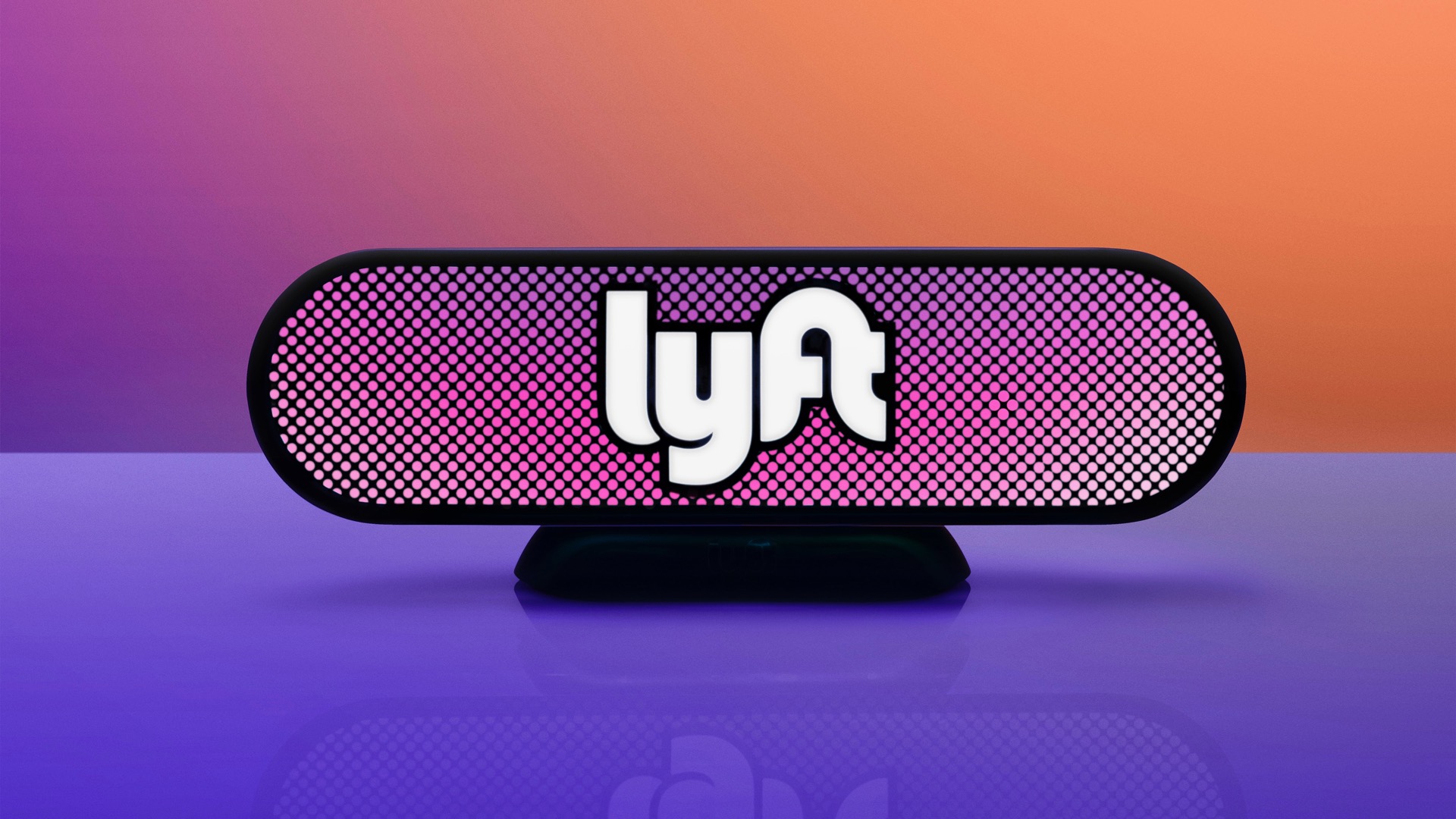

Lyft will attempt to further lower its carbon footprint by sourcing 100 percent of its electricity from renewable sources, and expanding an existing program to purchase carbon offsets, a company blog post said. The ride-hailing firm wants to achieve complete carbon neutrality.
The company said it will purchase enough renewable energy to cover the electricity use of all of its offices and “driver hubs,” which are spaces set aside for drivers that provide support services and places to rest between trips. Lyft also hopes to provide enough renewably-sourced electricity to charge all electric cars operating on its ride-hailing platform.
Where available, Lyft will purchase energy directly from local utilities. The company has already signed a deal with San Francisco to purchase power through the city’s CleanPowerSF program. Where a direct supply of renewable energy is not available, Lyft will buy credits through 3Degrees, the organization coordinating its carbon-offset program.
“While the choices available in some of our key markets today are imperfect, these renewable energy options represent an immediate action we can take,” the Lyft blog post said. “Over time, we’ll work to establish the direct supply of renewables with utilities and EV charging providers everywhere it’s needed.”
Lyft is also expanding its purchases of carbon offsets, which are investments in environmental projects that are calculated to cancel out the carbon emissions from other activities. Lyft previously claimed to have purchased enough carbon offsets to neutralize the emissions of all vehicles operating on its ride-hailing platform. The company now says it’s buying enough offsets to neutralize its remaining emissions, making all Lyft operations carbon neutral.
Lyft’s ultimate goal is to replace most vehicles on its ride-hailing platform with autonomous electric car technology, but that’s likely a long way off. The company has been slow to ramp up its autonomous-driving efforts, and has yet to sign an agreement with an automaker akin to say, Waymo’s bulk purchase of Jaguar I-Pace electric crossovers. The shift will also require Lyft to operate and maintain its own vehicles. That will be a major adjustment for a company that currently relies on freelance drivers to provide their own cars.